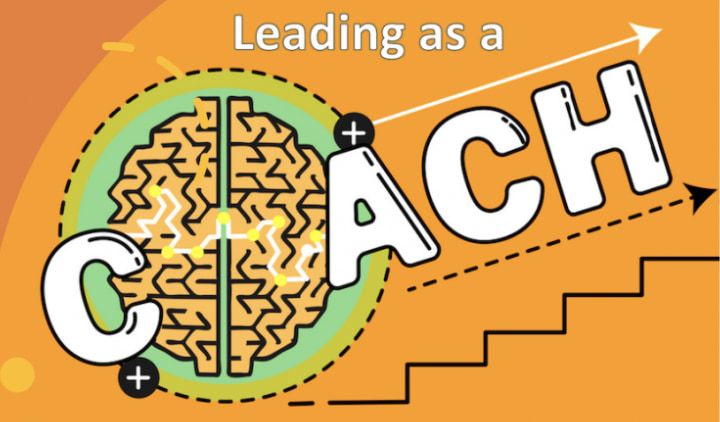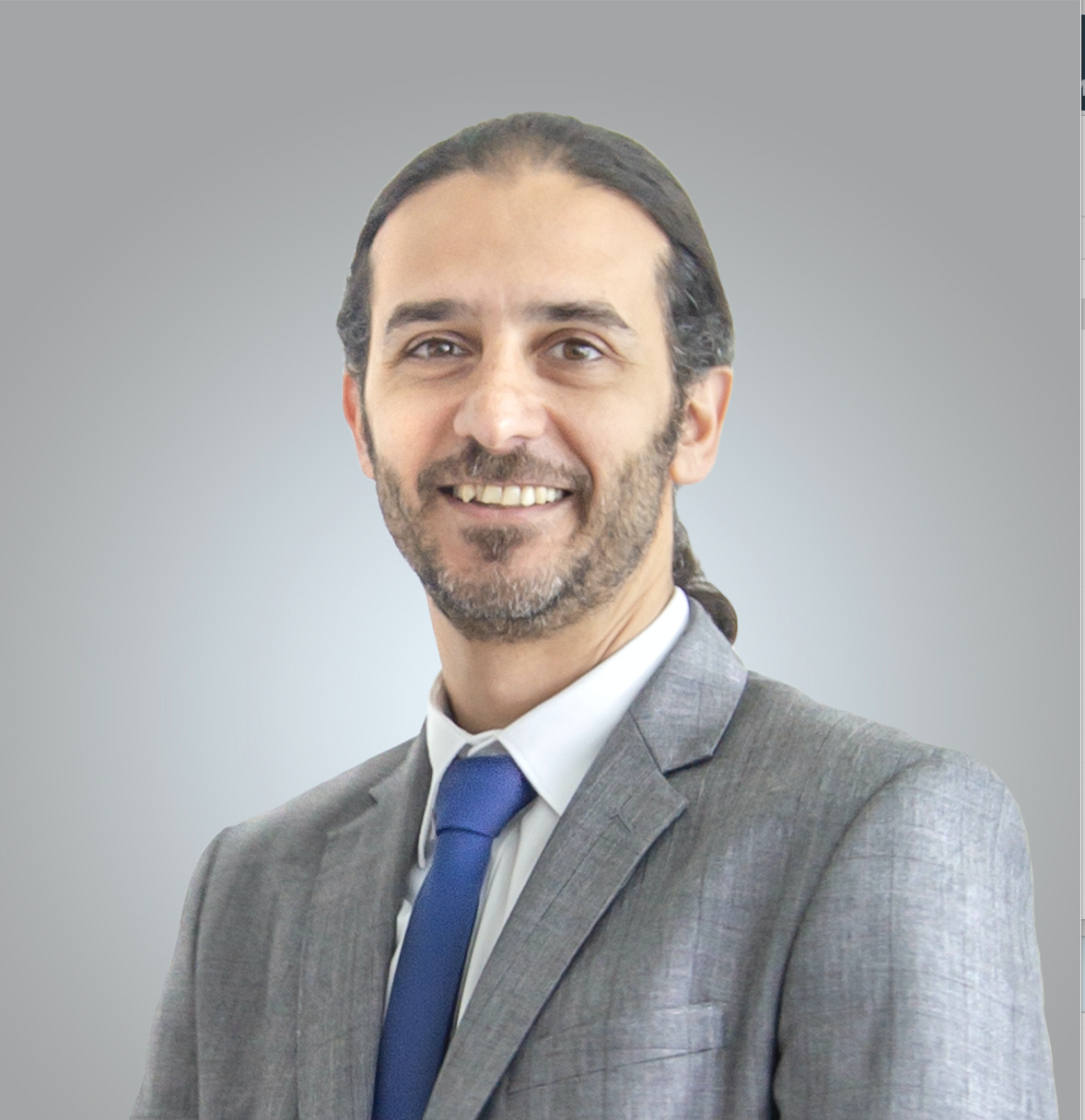“Coaching is unlocking a person’s potential to maximise their own performance. It is helping them to learn rather then teaching them” Timothy Gallwey
Coaching is becoming an essential skill leaders need to be able to unleash people performance potential. This approach helps individuals to explore and find their own answers to the problems or improvements required. The leaders role as a coach is to enable and empower the individual to reach their own realisation and solution through asking questions.
Coaching skills leaders must have:
- Listening: Is the act of listening with the intention to absorb and understand what the other person is saying, not listening with the intention to answer (waiting for your turn speak). To be able to achieve that the leader needs to be in an suitable environment, have an open posture, maintain eye contact, stay calm and relaxed.
- Questioning: It is the process of asking open ended questions. Mainly using the ‘What’ and ‘How’ questions. The leader can use the 5W1H to help the individual navigate and explore options and solutions.
- Giving Feedback: The leader needs to have a closed loop process to help the individual grow and learn from the experience while achieving the intended objective. Feedback is an important element that enables the individual to know how he/she is performing and what can be done to improve his/her performance even further. Delivering feedback in a question manner (utilising point #2) helps the individual reflect and learn from their own experience. Some questions leaders can use ‘What have you learned from …?’, ‘What could have been done differently?’, ‘How could it be even better?’, ‘What would you do differently next time?’.
- Recognising and pointing out strengths: The leader helps individuals through the change experience by inspiring and motivating them. The leader does that by making the individual recognise and believe in their own strengths and capabilities. It is also important that the leader shows the person that he recognises the strengths and capabilities he/she owns.
- Providing Structure: The leader needs to present the problem, the road map and target in a structured way so the individual can easily understand what the leader is communicating. He also needs to help the individual develop a structured way to reach the set objective to maximise the learning process.
For a leader to achieve the desired results from coaching it needs to be consistent, ongoing and one-on-one conversations with the individual. During these conversations, the leader advises the individual on the skills and strategies needed to be a more effective to achieve certain professional and organisational goals.
Leaders must increasingly supplement their functional expertise with a general capacity for learning, and they must develop that capacity in the people they lead. If leaders want their people to embrace coaching, they need to embrace it first.
5W1H: What, When, Where, Who, Why, How


